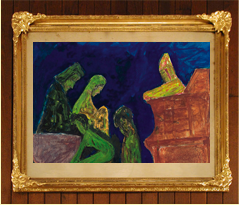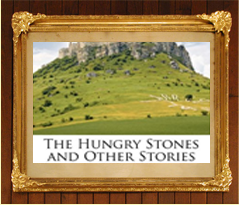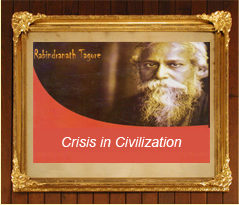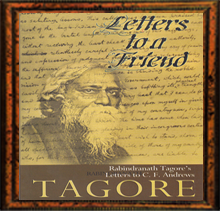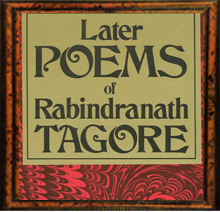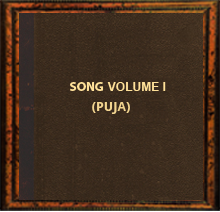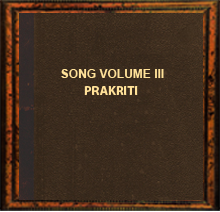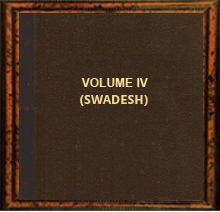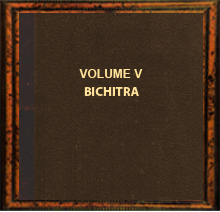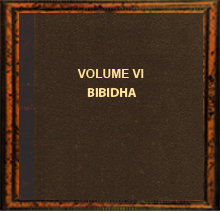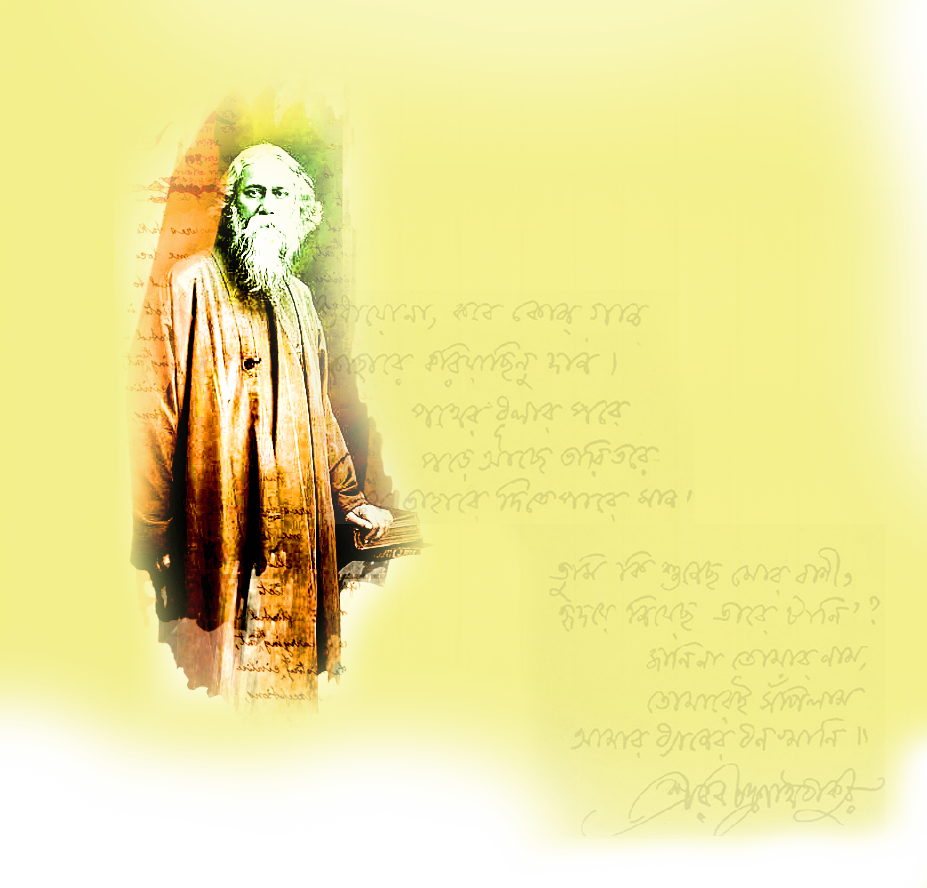

Why new introduction?
A fresh interpretation of the life and work of world poet Rabindranath Tagore became necessary when the UN and UNESCO declared in October 2009 and May 2010 that the sesquicentennial anniversary of the birth of the poet in May 2011 would be celebrated world wide. Older than Mahatma Gandhi by 8 years, the global impact and contribution of the greatest cultural icon India ever produced had faded over time and somewhat unfairly, for only in 1931, the whole world paid tribute to him by the creation of The Golden Book of Rabindranath Tagore, sponsored by Albert Einstein, M. Gandhi, RomainRolland (French universalist, Nobel Literature laureate 1915) et al. The book has about 300 articles and work of art from the leading thinkers, artists, authors and poets, all over the world. We have cited a few exceptional tributes to the poet from the Golden Book.
In the late 1970s, poet and renowned professor Dr. Amiya Chakravarty, literary secretary to Rabindranath described in a series of interviews, his life experience with the poet at home and during his foreign travels. Prof. Chakravarty also accompanied Mahatma Gandhi during his famous foot marches. His invaluable ruminations, a treasure trove of hitherto unknown information on important meetings and engagements of the poet were excerpted into the film. Professor Chakravarty particularly explained Rabindranath’s philosophy and mindset in his poems, songs, patriotism, genuine concern for the oppressed and the downtrodden; his unequivocal stand against wars, communal fights, equal rights and opportunities for all.
Single handedly Rabindranath Tagore built a university, Vishwa Bharati, where all the countries of the world would meet in the exchange of epistemology and culture. He met with many prominent thinkers of the world and countless ordinary citizens. He invited professors from all over the world to teach in his university. He observed that Vishwa Bharati would have the right to offer India’s best to the world, as well as its own rights to accept the best from the world. He composed about 2300 songs and an equal number of poems giving significant boost to literature and culture, built a rural reconstruction center and promoted the cultural and small scale agricultural industry.
In childhood, like most people in India, we came across Rabindranath Tagore's magnificent poetry and songs. Later we came to know that he was a huge intellectual and spiritual influence on Gandhi and Nehru the first Prime Minister of India and many luminaries of the contemporary world were quite impressed with his genius and recognized him as a consummate artist and a vigilant guardian of mankind.
Seamus Perry of Balliol College (Oxford University) recently contributed:
http://www.the-tls.co.uk/tls/public/article776938.ece
Eric Weiner of the New York Times went to VishwaBharati in 2012 to cover poet's life and work and produced an article in the magazine.
http://www.nytimes.com/2013/02/03/travel/where-a-poets-vision-lives-on-in-india.php?_r=0
World leaders and topmost Rabindranath Tagore researchers are very concerned about these troubled times and have implored the revival of peace message of Rabindranath Tagore through his poems and songs.
With all the above information we thought of making the pro bono and non-commercial film and some of the viewers have recommended that it should be sent to the Academy for an Oscaraward. So we have been in touch with the Academy officials and per their advice have arranged to show the film in New York and California only for a week. No release in any other form has been permitted.
There are a few world leaders and celebrities who have appeared pro bono to strengthen Tagore's vision for the unification of mankind and publication of his work all over the world. No outside funding or contribution has been offered or accepted, the film has been produced entirely from our family funds.
Please allow us to include the endorsements that came along the way so far (all free screenings):
The appreciation of the film includes two professors of Philosophy of SUNY, New Paltz, New York who said:
"There is intrinsic artistry in the film and wish it the success it deserves".
The UNESCO cultural delegation saw it with the Deputy Director General present through out. He patronized the film, liked and endorsed it. His assistant communicated to me verbally:
"The delegation enjoyed the film quite a bit and few things could be done with it." But she did not elaborate. There is room perhaps to declare this a World Heritage movie for it was developed that way.
An Emmy award winner Director of a documentary in New York said:
"An extraordinary film for an extraordinary person. How many persons like him (poet Tagore) were born in the planet earth? This film will help Americans know much more about the poet" .
Another American indie producer recommended the film presented in film fests.
A New York cinema owner previewed the 60 minute film and observed,
"This is a fascinating film. Congratulations on a job well done."
Indian audience from the subcontinent:
"This is a very good film. Information never known before have been presented. You have made us proud. The film should be sent to festivals. Hats off to you!"
Ananya Banerjee, Tagore specialist from Doordarshan, New Delhi:
This is the best and most well researched film of the three produced during Tagore
Sesquicentennial celebrations of birth of the poet.
Sumona Bhattacharya, Co-producer
Partha S Bhattacharya, PE, Director and Co-producer


